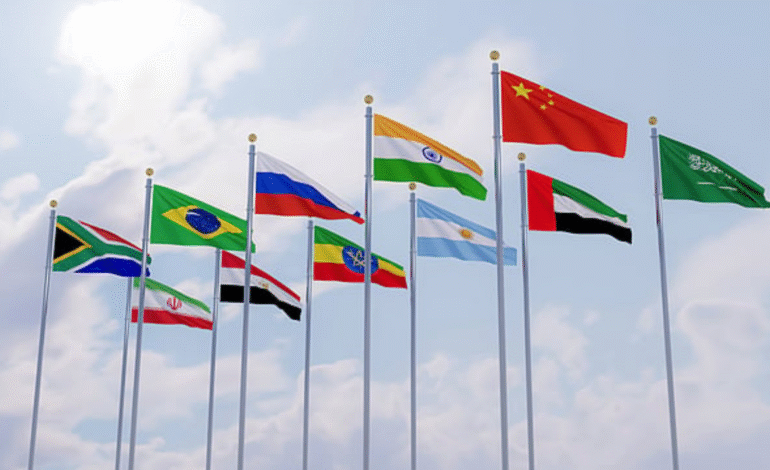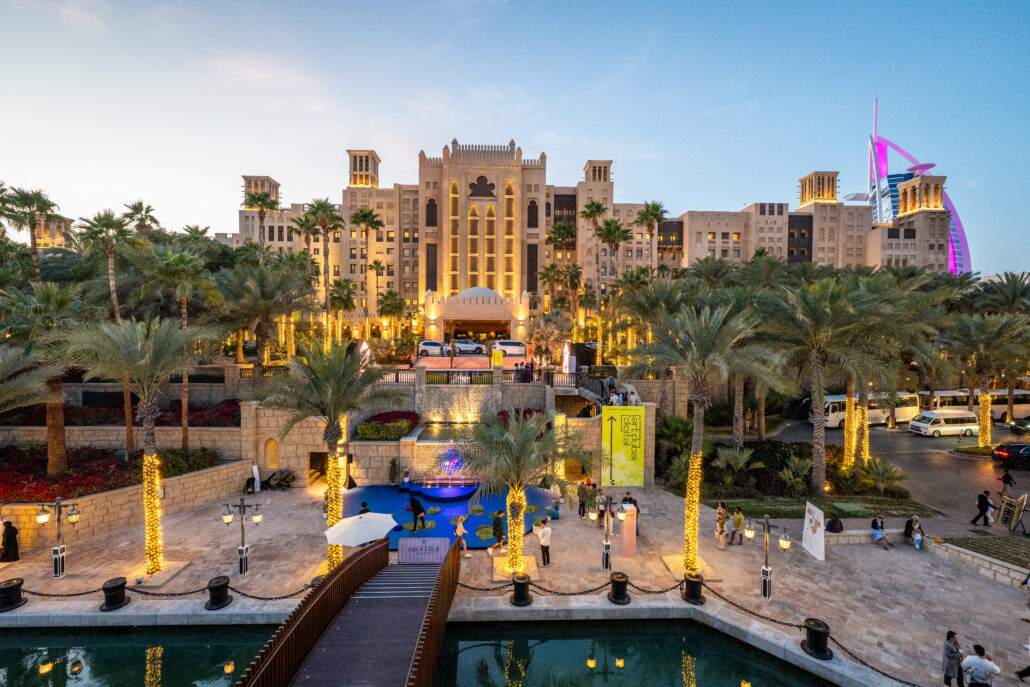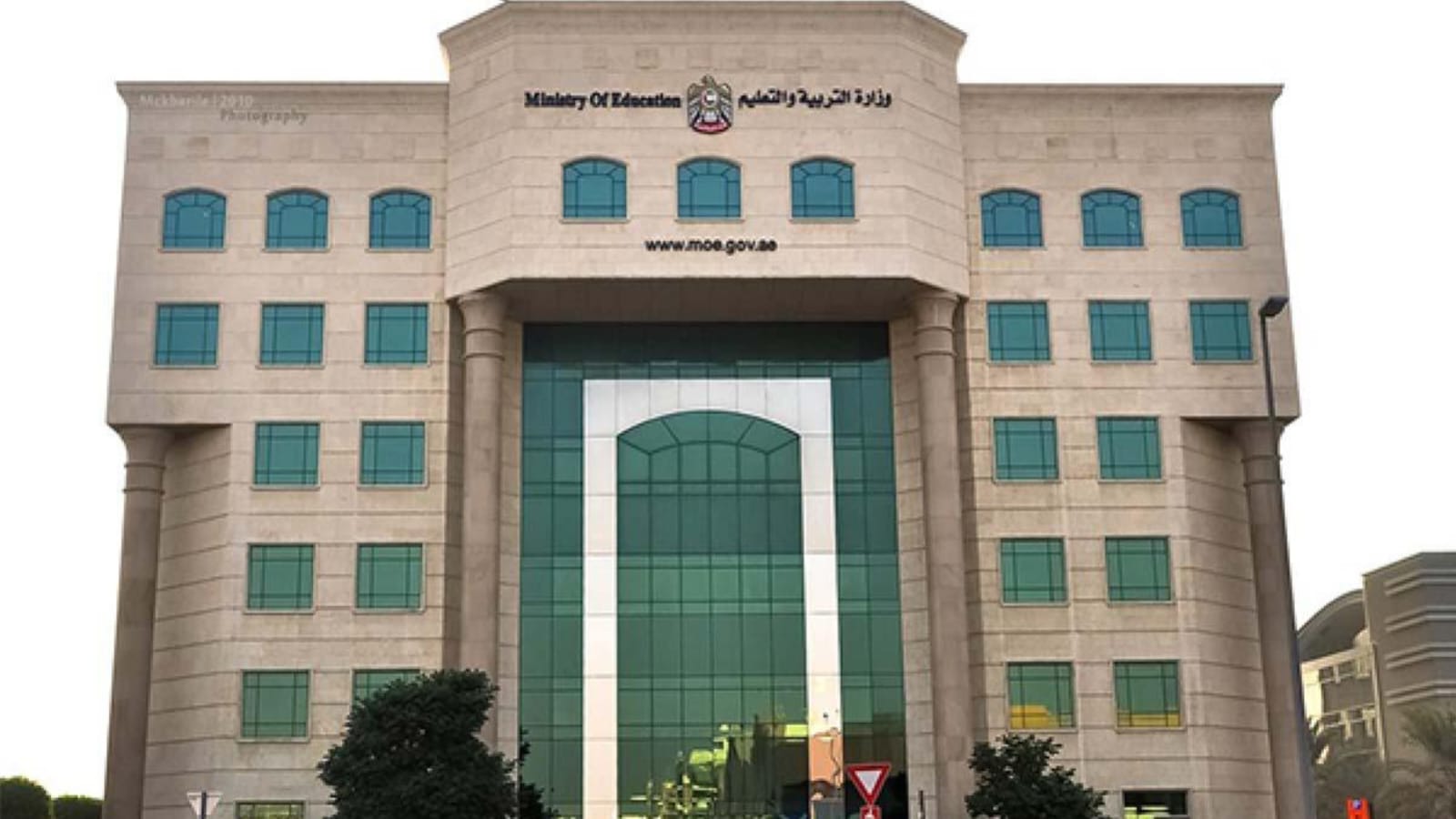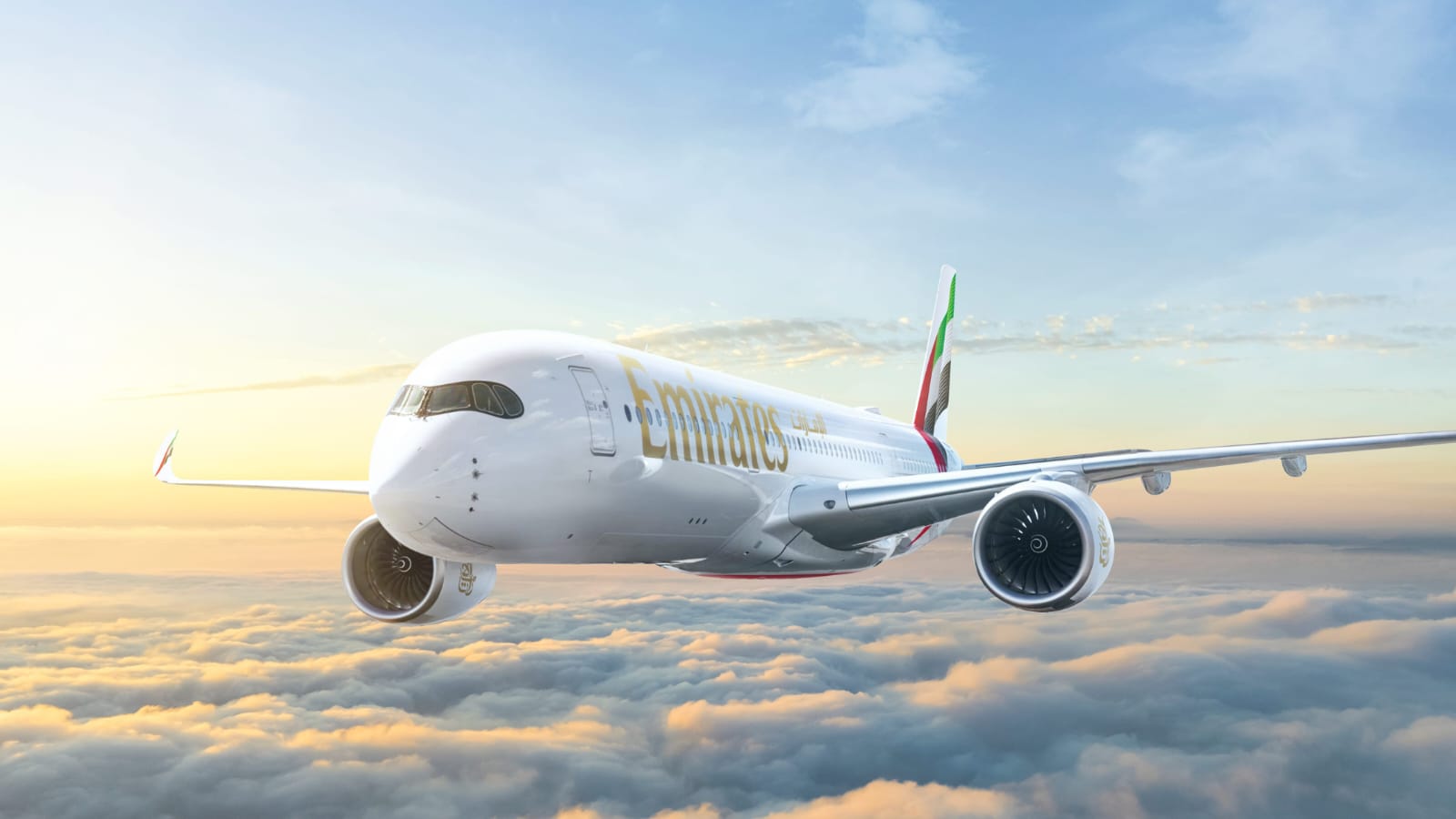UAE Joins BRICS to Boost Trade, Innovation, and Global Influence

The United Arab Emirates (UAE) has become one of the most active economies in the world. Known for its wealth, modern infrastructure, and strong diplomacy, the country has transformed itself into a global hub for trade and investment.
This transformation is now even stronger because of the UAE’s entry into BRICS. The bloc includes Brazil, Russia, India, China, and South Africa. Recently, it has expanded to welcome new members, with the UAE standing out as a major contributor.
The UAE’s role in BRICS is not limited to trade. It also brings diplomacy, innovation, sustainability, and balanced international relations to the table. By working with BRICS, the UAE aims to support a multipolar world order — a system that balances power, ensures peace, and creates prosperity for all.
Why the UAE Matters to BRICS
The UAE is already a leading financial hub that connects East and West. Its airports, seaports, and business zones attract investors from every corner of the world. The country is also pushing forward in technology, artificial intelligence, and renewable energy, making it a modern economic powerhouse.
BRICS gives the UAE access to new markets and strong partners. At the same time, the bloc benefits from the UAE’s strategic location and advanced economy. This makes the partnership valuable for both sides.
Building a Strong Non-Oil Economy
Oil has been the foundation of the UAE’s wealth, but the country has made a clear decision: its future will not depend only on oil. Over the years, the UAE has diversified its economy by focusing on sectors such as:
- Tourism: Dubai and Abu Dhabi welcome millions of visitors each year.
- Aviation: Emirates and Etihad Airways connect the world through UAE airports.
- Finance: Dubai International Financial Centre and Abu Dhabi Global Market are among the world’s leading financial zones.
- Technology: The UAE invests heavily in AI, smart cities, and digital transformation.
- Logistics: Jebel Ali Port and Khalifa Port are key gateways for global trade.
Through Comprehensive Economic Partnership Agreements (CEPAs) with countries such as India, Indonesia, and Turkey, the UAE has already raised non-oil trade to record levels. Joining BRICS now takes this global strategy to the next stage.
Trade Growth with BRICS Countries
The results of UAE’s cooperation with BRICS are clear in trade numbers. Between 2019 and 2024, trade grew at an impressive pace:
- Exports doubled from $62.3 billion in 2019 to $126.6 billion in 2024.
- Imports rose from $88.2 billion in 2019 to $145 billion in 2024.
- Non-oil exports made up about 97% of trade, showing the success of diversification.
This rapid growth confirms that the UAE is not just a participant but a driving force in BRICS’ economic activities.
Political Influence and Diplomacy
The UAE’s role in BRICS goes beyond economics. The country also plays an active part in diplomatic discussions and global decision-making.
- President Sheikh Mohamed bin Zayed Al Nahyan attended the BRICS Summit in Russia, highlighting the strength of UAE–Russia ties.
- Sheikh Khaled bin Mohamed bin Zayed, Crown Prince of Abu Dhabi, represented the UAE at the Brazil Summit, reflecting the growing partnership with Latin America.
These high-level engagements show the UAE’s commitment to multilateral cooperation. The nation continues to build bridges, support dialogue, and promote peace on the international stage.
Climate Action and Sustainability
The UAE and BRICS share a strong interest in fighting climate change and building a sustainable future. The UAE played a leading role at COP28, where the historic UAE Declaration was adopted.
The country has also:
- Contributed more than $85 billion to climate finance globally.
- Pledged $400 million through the Abu Dhabi Fund for Development (ADFD) to support clean energy projects.
- Invested in renewable energy plants both inside and outside the UAE.
Brazil will host COP30, which means cooperation between the UAE and Brazil is set to grow further in the climate space.
Balanced Global Relations
One of the UAE’s strengths is its balanced approach to foreign policy. Rather than choosing one side, the UAE works with both East and West, North and South. This approach helps the country:
- Stay open to global investment.
- Maintain friendly relations across regions.
- Act as a mediator in times of conflict.
For BRICS, this balance adds great value. It allows the bloc to expand partnerships while avoiding narrow or exclusive alliances.
Humanitarian Efforts and Global Responsibility
The UAE is not only focused on economics and diplomacy. The country also emphasizes humanitarian aid and development projects. Its work includes:
- Financing infrastructure, health, and education projects through ADFD.
- Supporting food security and water projects in developing nations.
- Playing an active role in disaster relief and humanitarian response.
By bringing this vision into BRICS, the UAE strengthens the bloc’s commitment to development, security, and stability in the Global South.
UAE’s Vision for a Multipolar World
BRICS today represents 45% of the world’s population and about 33% of global GDP. For the UAE, joining this bloc is about shaping the future of the international system.
The country’s priorities include:
- Building stronger trade routes across Asia, Africa, and Europe.
- Improving supply chain resilience and food security.
- Supporting innovation, clean energy, and digital transformation.
- Promoting peace, stability, and prosperity on a global scale.
By combining its strong economy, global partnerships, and diplomatic skills, the UAE is positioning itself as a key player in the next era of international cooperation.







